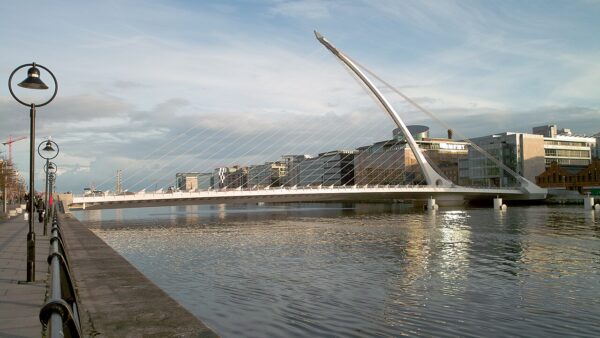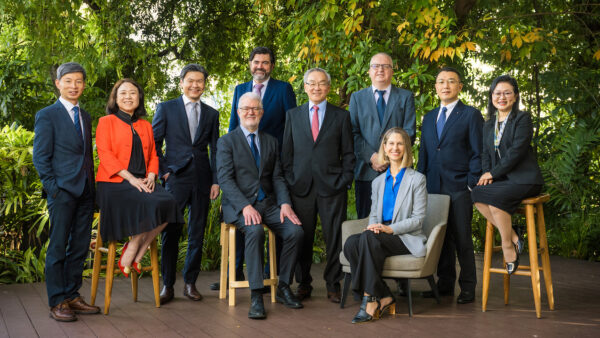South Korea, one of the world’s leading civil nuclear powers, is to abandon plans to build any new reactors or extend the life of existing units. The announcement was made today by newly installed president Moon Jae-in.
Moon made the announcement at a ceremony to decommission the Kori-1 nuclear reactor at Busan, the country’s first and oldest nuclear power plant. He said his government would adopt policies for a “post-nuclear era”.
He said: “The shutdown of Kori 1 is the beginning of a nuclear energy-free country, a paradigm shift for a safer Korea.
“Korea’s energy policy used to pursue low cost and efficiency, while people’s lives, safety and environmental sustainability used to be treated lightly. But now it is the general idea that people’s lives and safety should be prioritised.”
Korea presently operates 25 reactors, including Kori-1, and these provide 23GW of energy, or about a third of the country’s electricity demand. Plans were in hand to increase this to 38GW by 2029, and the previous regime was seeking to renegotiate a treaty with the US to allow it to operate a full nuclear fuel cycle.
Korea has also been a player in the growing market for nuclear power stations in countries with no indigenous nuclear industry. The largest was a $20bn deal to build four nuclear reactors in the UAE.
Kepco, Korea’s state power utility, was considering an investment in the UK’s stalled Moorside nuclear project, presently owned by stricken Japanese engineer Toshiba. It was also in the running to build the first small modular reactor.
Moon, who campaigned on an anti-nuclear policy, said another reactor, whose lifespan was extended by 10 years to 2022, would be decommissioned as soon as possible.
The president had already ordered eight of the country’s coal power plants to cease production soon after taking office on 10 May, following the impeachment of his predecessor, Park Geun-hye.
South Korea is wrestling with air pollution problems that cost the country about $9bn a year, including carcinogenic fine dust particles. The country has 59 coal plants supplying almost 40% of the country’s electricity.
President Moon has said he wants to increase the portion of renewable energy to 20% by 2030 and increase LNG imports, possibly through a Russian pipeline passing through North Korean territory.
Image: The Kori plant at Busan has four reactors. Number 1 is on the right (Kori NPP)
Further Reading:










